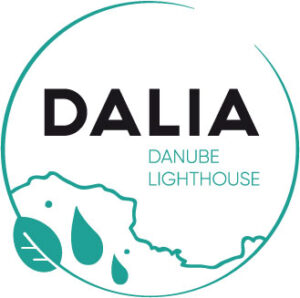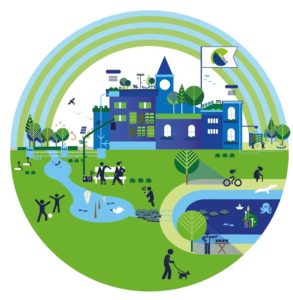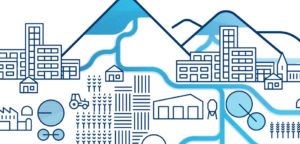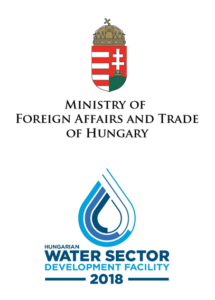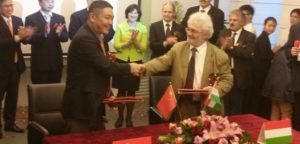The Biopolus Institute is the non-profit research and development branch of the Biopolus group that focuses on process and product development. We are active in several EU Grants and are eligible for 100% EU grant funding. We continue to invest in R&D in order to expand our range of technologies for further circular economy solutions development.
Innovations in biotechnology for water recycling and organic resource recovery are active and on-going for new solutions and for process and product optimization. In addition to biotechnology, we have also expanded into vertical farming, where we are working with strategic partners to create the plant factories of the future, today.
The Biopolus Institute is working alongside renowned institutions to collaborate on various projects and at global events in order to make large scale impact. Specialized innovation for high tech solutions are being developed with partners from the Ellen MacArthur Foundation (previously as an emerging innovator in the CE100), the European Space Agency, and other prominent universities and research institutions.
















As an EU-based non-profit, the Institute is in an excellent position to participate in joint research programs with academia and to attract grant funding.
As a private, independent SME, Biopolus is not affected by the EU Council Implementing Decision (EU) 2022/2506, of 16th December 2022, which bars Hungarian Universities, which have become property of a public interest trust. Biopolus has NO connection with these entities and is eligible for 100% EU grant funding.
Biopolus is highly active in EU grant projects, working closely with universities, industries, and public utilities. We provide innovative concepts and high-class infrastructure to find and develop solutions for our continuously urbanizing world.
PROJECTS
Biopolus continues to establish strategic partnerships to collaborate on various projects, on technological developments, and to gain access to different regions of the globe. We take pride in striving for collaborative innovation.
DALIA Danube Region Water Lighthouse Action (2023-2027)
DALIA is an EU Mission Lighthouse research and innovation action focused on rivers for the restoration of EU freshwaters
The EU Mission: Restore our Oceans and Waters aims to protect and restore the health of our oceans and waters through research and innovation, citizen engagements and blue investments. The DALIA mission will take place on EU rivers at 9 demo sites and at 10 pilots, which will be selected through open calls .
Biopolus will be part of the team to perform the ecological assessment of the individual sites, the replication and scale-up strategy of the solutions, and an assessment of future business opportunities and sustainability impact. For more information visit the project website: www.dalia-danube.eu
H2020 euPOLIS (2020-2024)
Integrated NatureBasedSolutions (NBS) Urban Planning Methodology for Enhancing the Health and Well-being of Citizens
The EU-funded euPOLIS project aims to create urban ecosystems and living spaces that improve public health and human well-being. At the core of the project is the integration of the natural environment with the urban built environment for nature-based solutions.
Biopolus & partners are developing urban planning methodology with a focus on human health & the environment using NBS solutions. The project’s innovative urban planning solutions will be tested in four cities: Belgrade, Lodz, Piraeus, and Gladsaxe. An Eco-Education Hub using Biopolus MNR water technology will integrate latest technologies and NBS solutions with community & education; including opportunities for business. For more information visit the project website: www.eupolis-project.eu
H2020 NEXTGEN (2018-2022)
Defining the next generation of water systems and solutions at 10 full scale deployment sites at 8 EU locations
NextGen was a collective water research and innovation initiative from Circular Economy pioneers with diverse areas of expertise. The EU-funded project demonstrated innovative technological, business and governance solutions for water in the circular economy. Biopolus solutions were installed at two sites (at Koningshoven in the Netherlands and in Athens, Greece). As part of the NextGen project, the Koningshoeven BioMakery was used to testbed new business models and high-tech water circularity solutions. In Athens Greece, Biopolus provided nutrient and energy recovery solutions for the Athens Urban Tree Nursery at Goudi Park. For more information visit the project website: www.nextgenwater.eu
Water Diplomacy 2018 (2018-2019)
Replacement of traditional large wastewater treatment plants with compact BioMakeries to create valuable redevelopment areas in Chinese cities
It is estimated that there are about 5 to 8 thousand inner city sewage treatment plants around the globe, occupying high value land, surrounded by offices and/or residential spaces. In the city of Shenzhen there are approximately 40 sewage treatment plants, 4 of which are located in the inner city. Biopolus received funding from the Hungarian Ministry of Foreign Affairs and Trade to prepare a Feasibility Study to investigate how a compact, odor-free, and architecturally pleasing building using MNR technology could replace one of these inner city treatment plants. The Biopolus design resulted in 89% land savings with estimated land value earnings of 460 mEURs.



